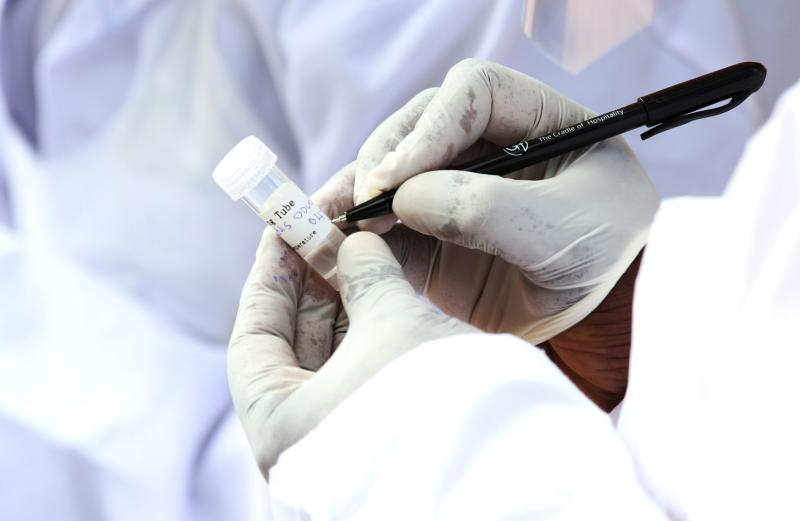×
The Standard e-Paper
Stay Informed, Even Offline

A year after the first case of Covid-19 was recorded in Kenya, it marches on in its inexorable spread across the world. Virtually every significant aspect of life globally has been upended, and it is certain our lives, now and in posterity, shall never be the same.